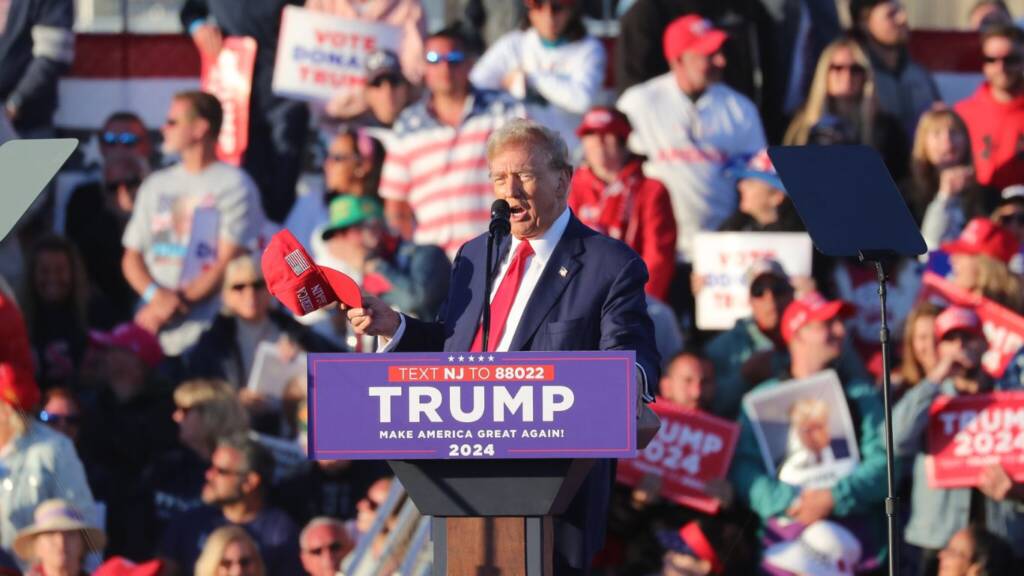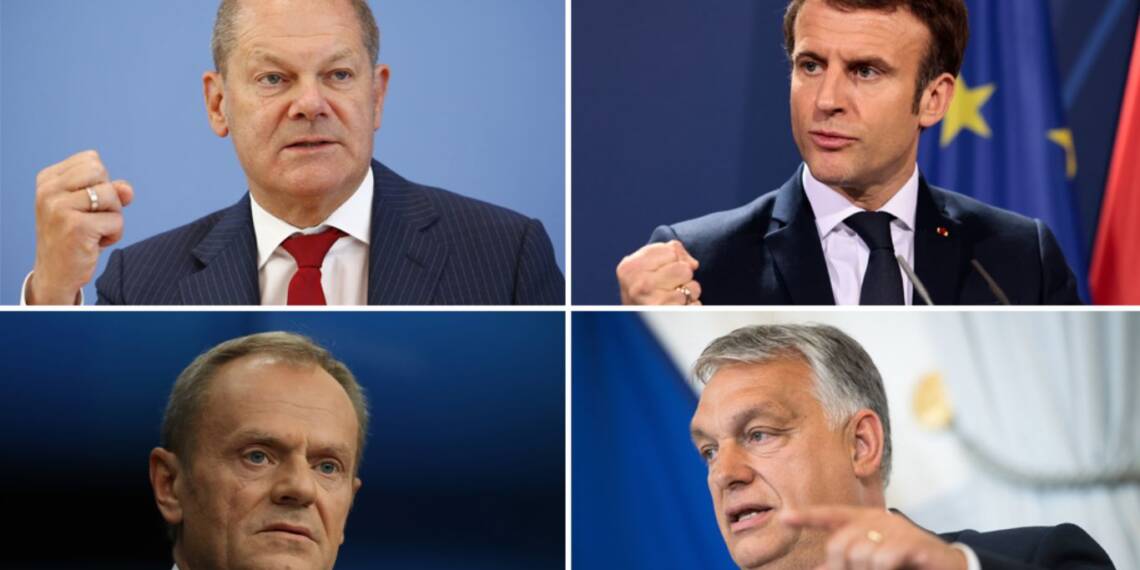Just 48 hours into assuming office, President Donald Trump has ignited a number of debates with the flurry of executive actions, including sweeping measures targeting immigration and asylum policies. Among the most contentious moves is his announcement to end birthright citizenship, a right guaranteed under the US Constitution, and deploy troops to the US-Mexico border.
In a dramatic Oval Office press conference, Trump declared a national emergency at the southern border, unveiling the controversial order to revoke the automatic granting of US citizenship to those born on American soil. Acknowledging the legal hurdles ahead, he remarked, “That’s a big one,” adding, “I think we have good grounds, but you could be right,” in response to anticipated challenges.
While emphasising support for legal immigration, Trump defended the measures, stating, “We need people, and I’m absolutely fine with legal immigration. We want to have it.” However, his aggressive stance on border control and asylum has sparked outrage among activists and liberal groups.
EU Begins Changing Gears
A looming crackdown on illegal immigration whom Trump labels illegal aliens is looming. These executive orders mark a bold start to Trump’s presidency. However, what no one is talking about is the reverberating impact it might have on Europe.
As the EU, often labelled the unwanted lackey of the U.S., faces mounting pressure, it seems poised to abandon its past criticism of Donald Trump and fall in line with his hardline policies. Ukraine’s latest moves suggest Kyiv is already anticipating the heat.

Deputy Prime Minister Oleksiy Chernyshov recently announced plans to establish processing centres in Germany, aiming to encourage Ukrainian refugees to return home. With over a million Ukrainians having fled to Germany since Russia’s invasion, these centres will assist with job placements, housing, and education, including opportunities back in Ukraine.
Chernyshov claimed a “significant number” of refugees are seriously considering returning, as Kyiv faces increasing scrutiny over the prolonged displacement of its citizens. The move comes amidst Germany’s shifting political landscape, where immigration has become a central issue in the elections.
Opposition leader Friedrich Merz of the CDU, favoured to win the chancellorship, has taken a tough stance on Ukrainian refugees, previously accusing them of “welfare tourism.” Although Merz later apologised, his comments reflect rising anti-Ukraine sentiment among German opposition parties like the CDU and AfD, further complicating Kyiv’s position.
Dramatic Drop in Numbers
The shift in Europe’s migration policies is no longer confined to Germany. Across the bloc, leaders are changing their approach as the political and security landscape evolves. Polish Prime Minister Donald Tusk has underscored the importance of protecting national borders, describing it as a “sacred duty.”
The public’s shift towards anti-migrant leadership is evident in the electoral victories of Italy’s Giorgia Meloni, Romania’s Călin Georgescu, and Slovakia’s Robert Fico, all leaders prioritizing national interests over traditional humanitarian values. The momentum is unmistakable: Europe is recalibrating its policies on migration.
In just the last few months, the European Border and Coast Guard Agency (Frontex) published data on Tuesday revealing a 38% drop in irregular EU border crossings in 2024, the lowest since 2021, when the pandemic’s impacts were still evident. Frontex said the decline was driven by a 59% reduction in departures from Tunisia and Libya. Migration from Ukraine also dropped.
With Donald Trump’s recent return to power in the United States, the global anti-migrant narrative is expected to gain further traction, emboldening nations to prioritize sovereignty and security over open-border policies. This shift signals a potential transformation in global migration dynamics, reshaping world policies.







